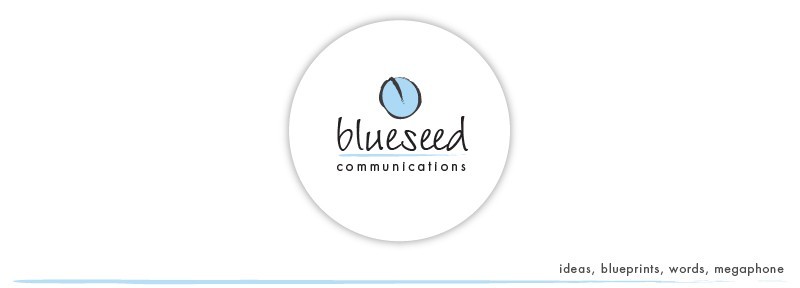I have always been a procrastinator, and love a deadline hanging over my head, pressing me to get things done. A deadline, even a distant one, keeps me focused and organized. There’s a fair amount of guilt involved with missing a deadline, too, and the desire to avoid it can be a useful motivator.
It’s the open-ended tasks that give me trouble. Idea generation, following up on a month-old pitch, blog posts. Things flitting around my head or scribbled down on paper that require effort, but no one but me will know or care if they don’t get accomplished. Of course, some of that can be attributed to competing priorities, both professional and personal. But far too much can be blamed solely on procrastination.
Let’s say I have five solid hours to cram in my work for the day. Two need to go to a living, breathing, paying job. But three of those precious hours can go to whatever work I choose. I have two great ideas to research and pitch, a blog to update, an essay to edit, and three articles I should read. What do I attack first?
I’ll tell you what I attack first: personal email, Facebook, Twitter, and my disheveled desk. One and a half hours later, half of my time is gone and I barely have enough left to get a portion of one thing done. In another common scenario, I do dive into the work, but take disruptive (as opposed to productive) mini breaks when the going gets tough. Procrastination is the scourge of the freelance writing life.
A few months ago, I decided to remove one of my biggest weaknesses from my ample supply of procrastination tactics, and quit Facebook. I did it on a whim and cold turkey one day when I found myself looking at vacation pictures of someone I’d never met…the friend of a “friend” I barely knew. That’s just sad.
Before quitting, I tried to trick myself into using Facebook like a more reasonable person might. I removed the app from my phone and made myself log in every time I visited on my work computer. At one point, my anxiety researcher husband suggested I do 10 push-ups every time I checked Facebook mindlessly. I developed really beautiful shoulders, but the treatment did little to deter my pointless and compulsive checking.
So I quit. My thought was I’d take note of the pitfalls associated with not being counted among the one billion, and provide tips on how to do it more effectively. As it turns out, though, there are very few pitfalls involved with moving out of Facebook. (Unless, perhaps, your work is really tied to it.) As for tips, I would recommend letting your friends know you’re doing it, because a few people got their feelings hurt, thinking I’d “unfriended” them. I would also set up private groups elsewhere, because I do miss the daily contact with my far-flung circles of friends.
Other than that, unhitching myself from Facebook is nothing but sweet relief. It’s like the albatross has been cut loose, or the monkey has sprung to someone else’s back. It’s freeing to not feel compelled to wish distant acquaintances a happy birthday, offer condolences for the deaths of great-great uncles, or otherwise keep up with more people than can reasonably be done with sincerity and care. With a few exceptions, I kind of like being out of the loop.
As a result, I have probably gotten back two productive hours a day. Not necessarily because I was on Facebook for two hours, but because it took me 10 minutes or so to get back into whatever I was working on each time I took those eight five-minute procrastination breaks. I’d be lying if I said I don’t procrastinate at all, but at least now it usually has some kind of value. Like comparison shopping turntables for my nephews’ Christmas present. That’s valuable right?
